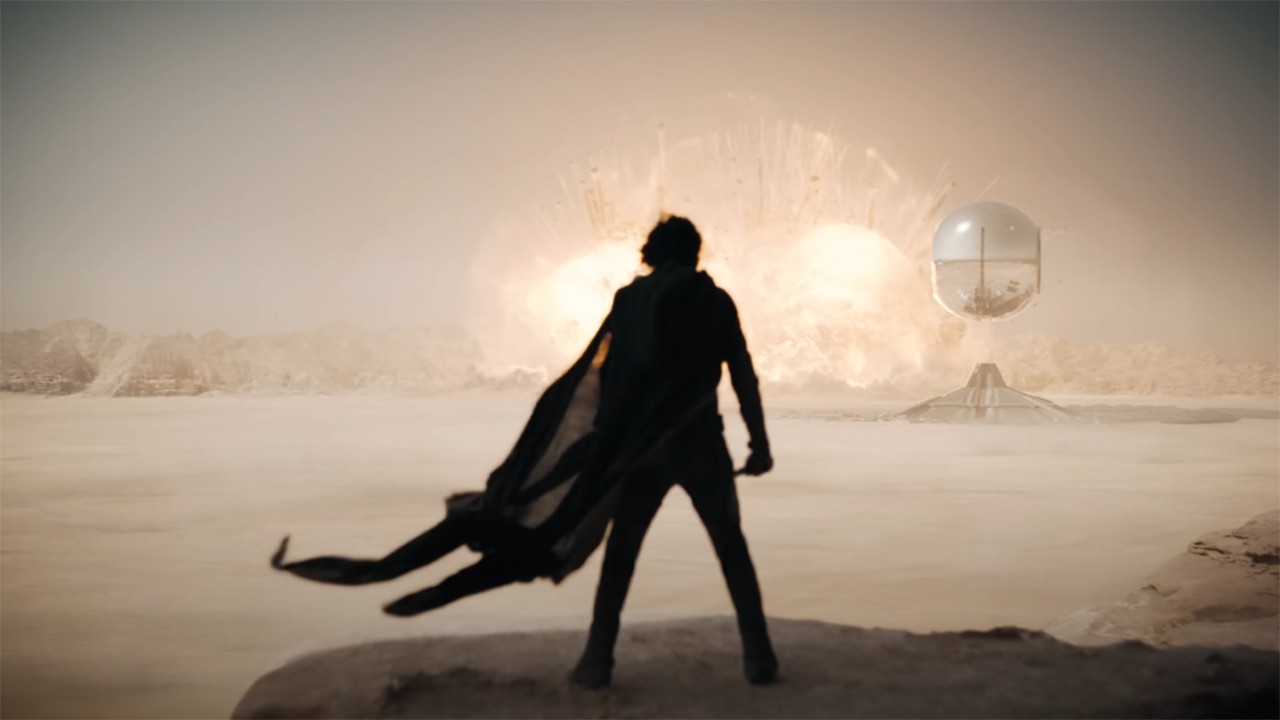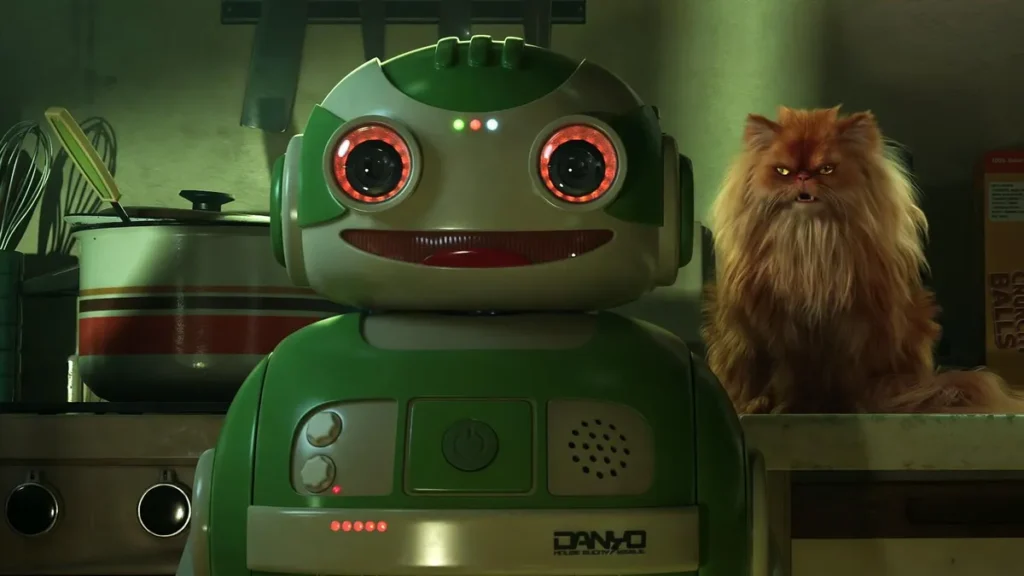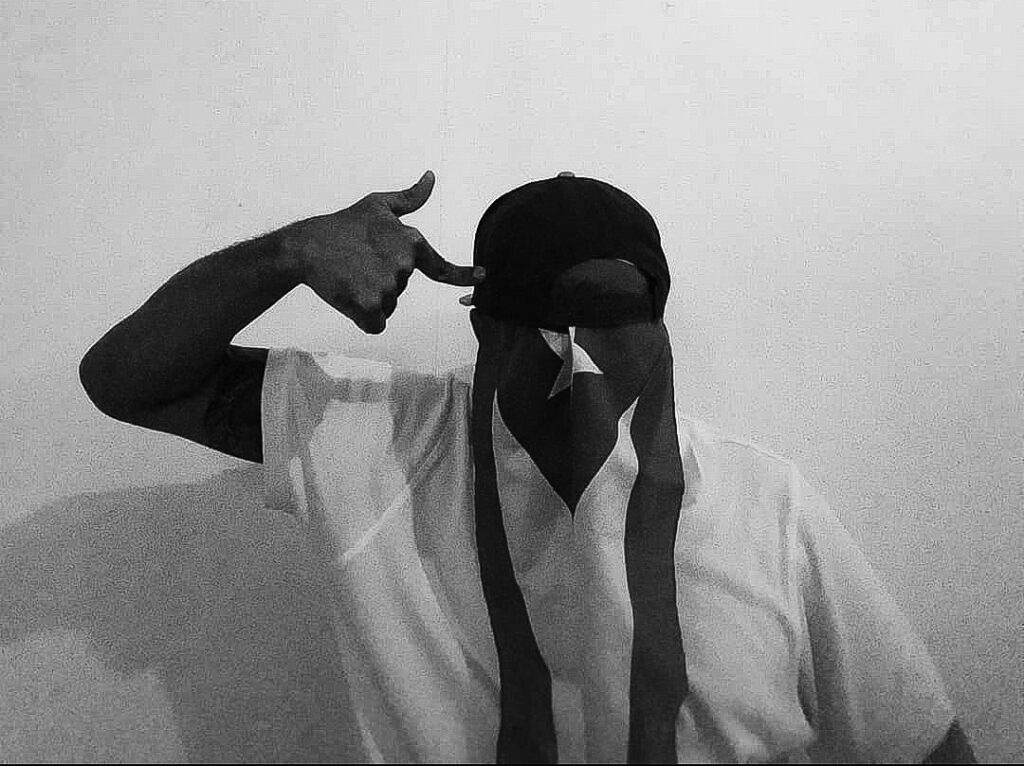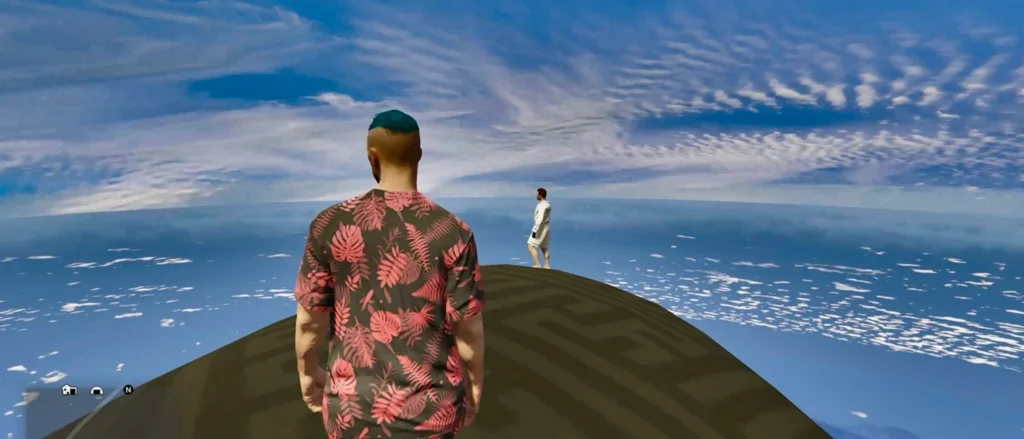The Dune hype is real.
Throughout cinema history, there have been several books that failed to get a movie adaption. In part because they have been impossible to adapt. The likes of Gabriel García Márquez magical realism epic chronicle of seven generations of a Hispanic family, or David Foster Wallace’s over thousand pages of a dystopian satire with footnotes the length of an entire chapter, even J.D. Salinger being himself and not wanting Hollywood to touch Catcher In The Rye, those are literary works impossible to adapt. Many decades ago, Dune was one of those books.
After a failed attempt by Chilean-French avant-garde filmmaker and a released but unsuccessful adaptation from indie auteur David Lynch, fans of the book came to terms with the fact that a well-made adaptation of the highly influential sci-fi epic was impossible. In 2021, that was proven wrong by one of the best filmmakers of the past 20 years, Denis Villeneuve. The first part of his Dune adaptation was a critical and post-pandemic financial success. We finally live in a world with a good Dune movie adaptation.
The wait for Part 2 is over.
The wait for part two has been two years long. And now we finally get to see Paul Atreides join forces with the Fremen people, inevitably fall in love with Chani and wage war against House Harkonnen. Starting minutes after where Part 1 left off, Part 2 does not waste time on the main character’s next steps of the journey.
Contrary to Jorodowski and Lynch, Denis Villeneuve is not a surreal filmmaker. In other sci-fi films like Arrival and Blade Runner, everything seems realistic. Dune is not the exception. His interpretation of the universe created by Frank Herbert is palpable, worlds and societies that make sense if it’s a prediction of our reality. Even the sandworms and muad’dibs couldn’t distract my thoughts about how parallel and yet unique everything else is.
Top notch acting.
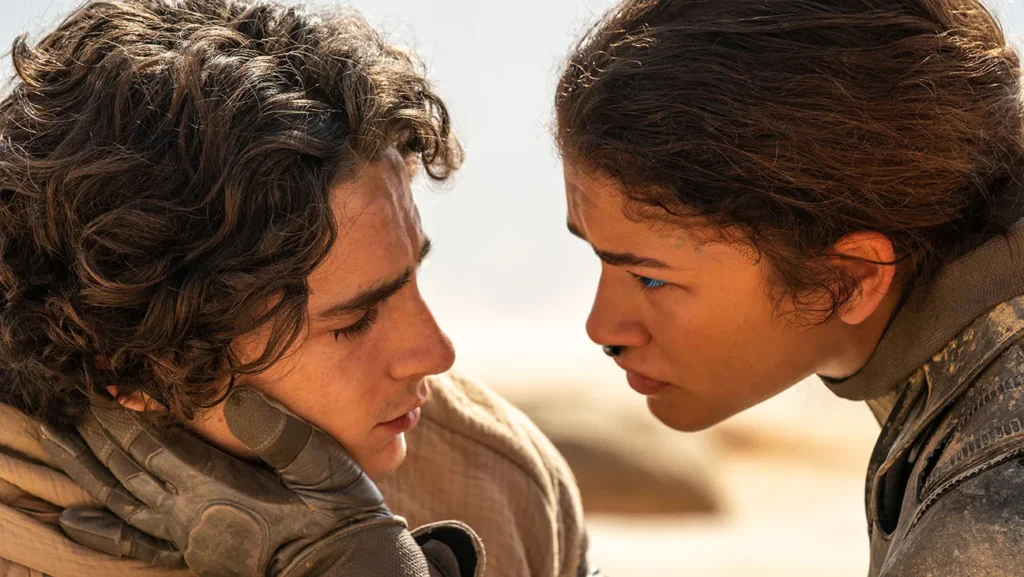
No matter how great the production design and the director’s sensibilities are, this shouldn’t have been without a good cast of actors. Thankfully, every one delivered in this film! Zendaya’s facial expressions are spectacular. She says a lot without her character speaking a single word. That plays a part in how the story develops. When it comes to Timothée Chalamet, we might not have a teenage heartthrob anymore in him. This is the next stage of his career, and I’m ready to see what he does next after his stellar performance in the movie’s third act.
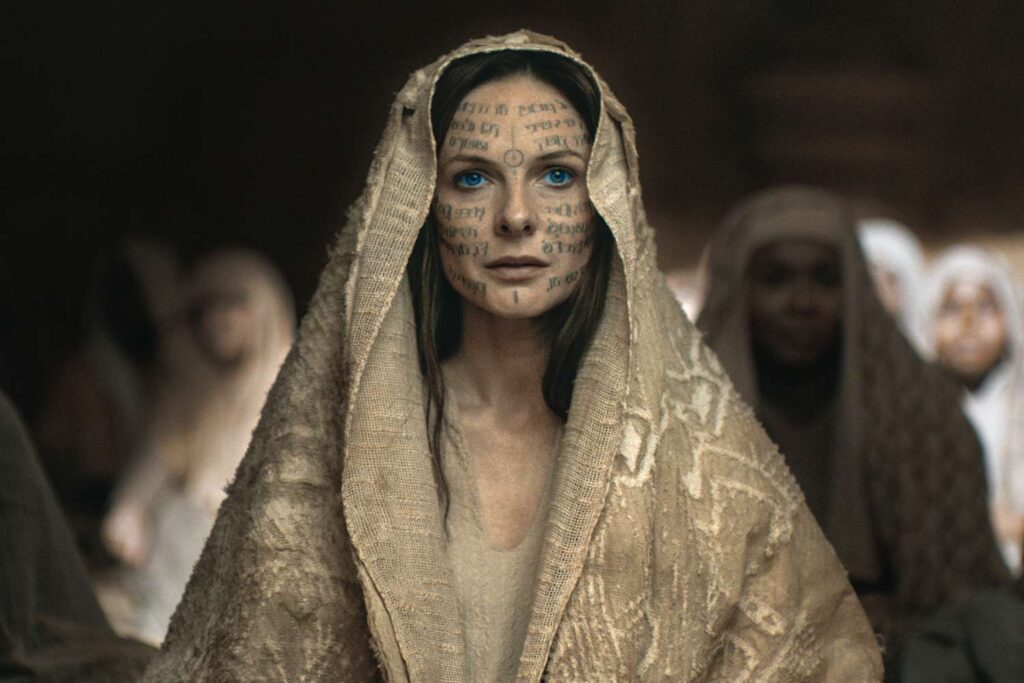
Nevertheless, my two favorite performances are from Javier Bardem and Rebecca Ferguson. Both are compelling in their own rights. Bardem steals every scene with a perfect dose of humor by playing the classic optimistic prophet with a heart of gold. We can see he’s having the time of his life playing Stilgar. The typical follower who believes in the new kid in town. Thus, it’s an essential part of the story. Meanwhile, Rebecca Ferguson as Lady Jessica is mysterious and intriguing. Her motives are hard to read and will add a lot to the conversation.
This is how climactic events are done.
Ultimately, it’s a lot to digest with the events of the third act. Besides the intense 30-45 minutes of the show, the portrayal of characters leaves the audience with plenty to discuss. At least I’ll have a few fun debates with people who read the books.
And this is why Dune, Part 1 and Part 2 are a triumph for me. A young “chosen one’s” journey was the focus of two movies based on a book with an expanded universe and complex characters. Dune is the contemporary epic for today’s generation. My parents had Luke Skywalker in Star Wars, I got Frodo Baggins in Lord of the Rings, and today’s young people have…Paul Atreides? It’s up to what happens in a third movie. Hopefully, it will be released cause Part 2 definitely felt like an Empire Strikes Back kind of thing in sequels.
What was envisioned or something new?
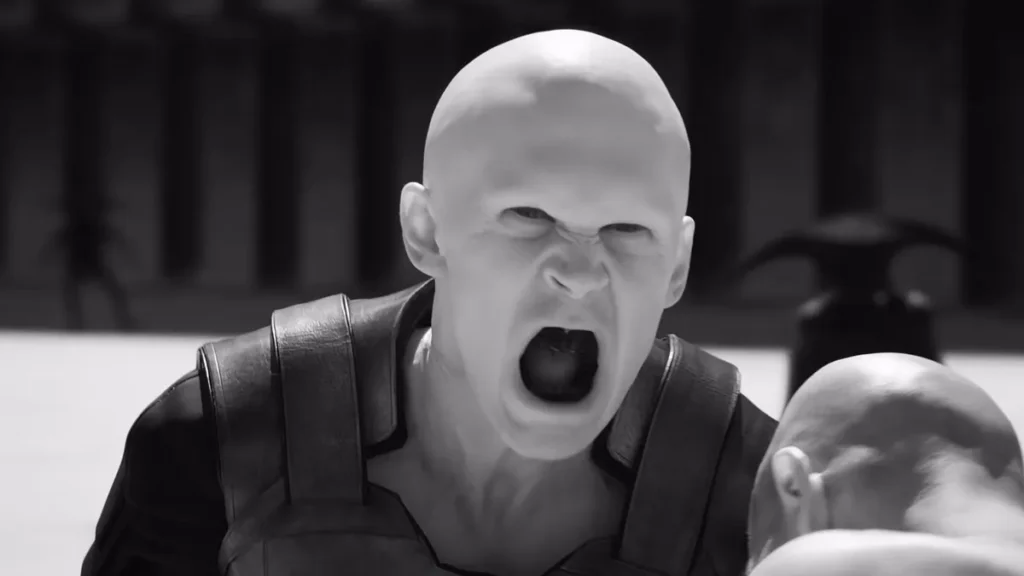
Returning to Jorodowski’s failed attempt at directing a 14-hour script of Dune in the mid-70s. I kept wondering if this was the version he wanted to do. Having watched one of my favorite documentaries ever, I can’t help but think of how the unmade adaptation of Dune is ingrained in sci-fi movies (Alien in particular) and popular culture as a whole. I would argue that David Lynch’s 1984 version is closer to what Jorodowski attempted. After all, both filmmakers are surrealists who don’t shy away from the weird or the grotesque.
Denis Villeneuve did something different, unthinkable even. This is not a flashy sci-fi blockbuster. Instead, it’s pragmatic, humanistic, and grounded. Resulting in one of the most captivating films ever made. With themes of religion, colonialism, the white savior complex, and the human condition as a whole that deserves an entire set of analytic articles. He accomplished the impossible. And that’s a cinematic achievement.
And maybe David Lynch also did the impossible. I think it’s time to reevaluate his Dune from 1984. I’m just saying.
